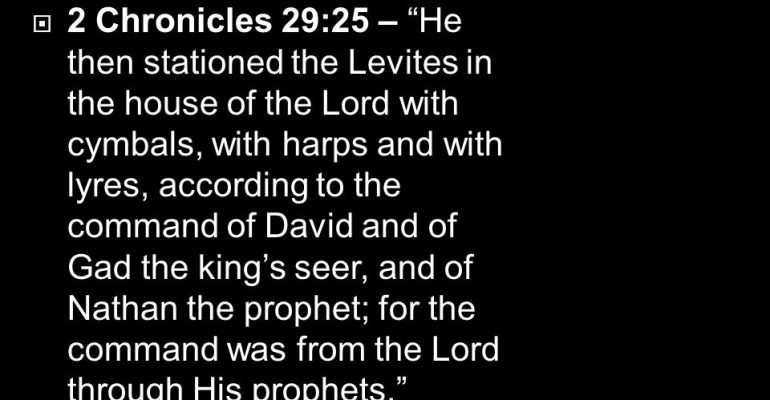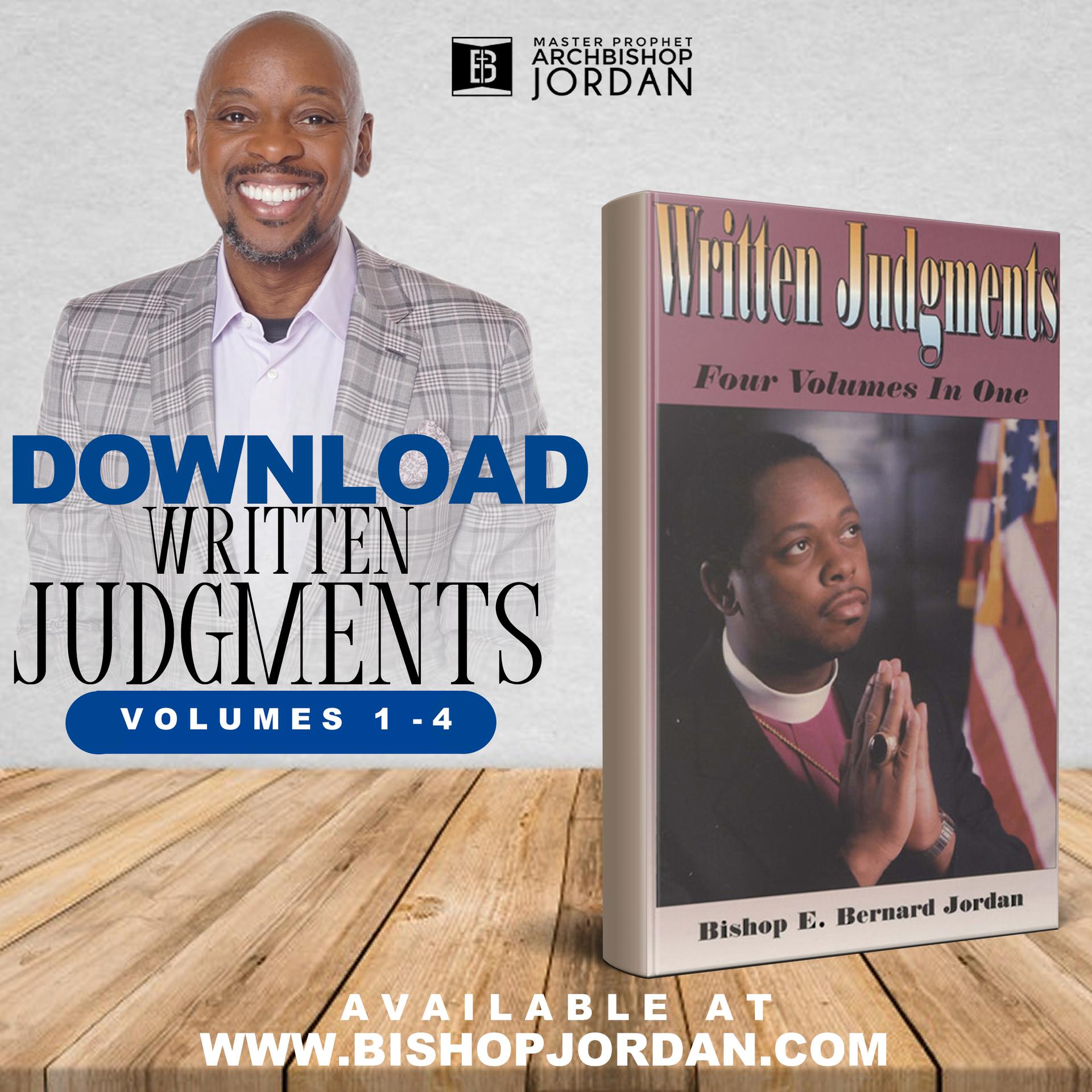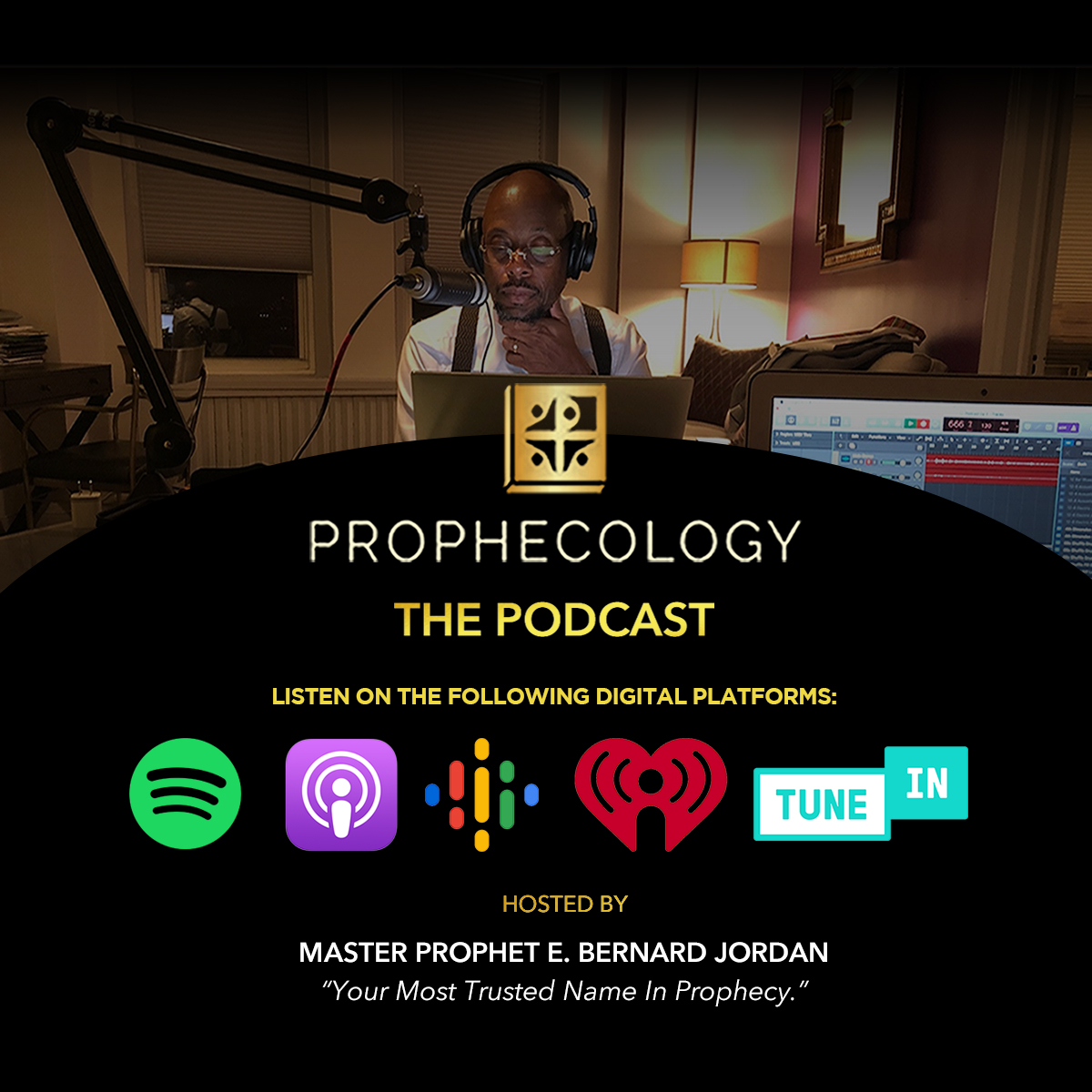CLASSIFICATION OF PROPHETS
September 4, 2019 2023-04-05 19:12CLASSIFICATION OF PROPHETS
CLASSIFICATION OF PROPHETS
CLASSIFYING PROPHETS
A believer who is averagely well-versed with the Bible recognizes Elijah as one of the prominent ones in the Old Testament. In the New Testament, John the Baptist is supposed to have the spirit of Elijah. John the Baptist did not exactly perform the same kind of miracles that Elijah did. Instead, he preached about repentance. Nevertheless, the Bible tells us that John has the spirit of Elijah, despite the fact he did far different things than what Elijah and his successor, Elisha did. Thus, a closer study of Old Testament prophets in the Bible show that while that there are four flavors or classification of prophets.
Let’s review first about the two types of prophets. In 1 Ch. 29:29, we read about the life of David, who is both a kind and a prophet. In the New King James Version, we read, “Now the acts of king David first and last indeed they are written in the book of Samuel the seer, in the book of Nathan the prophet, and in the book of Gad the seer” (1 Ch. 29:29). There are references in the Bible (1 Sam. 16:19), where the prophet and the seer were used synonymously. In verse 29, however, they purposefully isolated Samuel as a seer, Gad as a seer, and Nathan as a prophet. Do you think this is on purpose? Is there something there that is being emphasized? If you look closer into their uses, some prophets are always called seers, some are called prophets, and some are called both prophets and seers.
We already know that the word “prophet” came from the Hebrew word Nabi, and the root word is naba, which means, flowing forth, to prophesy or to flow forth. It is talking about rising from within them. On the other hand, the other word is “seer” which came from the word Ro’eh, which literally means “to see.” The seers are the prophets who constantly see.
In 2 Ch. 29:25, we see how prophets are systematically classified, and so it reads, “And he set the Levites in the house of the Lord with cymbals, with psalteries, and with harps, according to the commandment of David, and of Gad the king’s seer, and Nathan the prophet: for so was the commandment of the Lord by his prophets” (2 Ch. 29:25, emphasis added). Gad was distinguished as Ro’eh, and Nathan was Nabi.
Why do you think God classified them in this manner? In Deut. 13:1, the prophet and the dreamer of dreams were classified. God recognized that even though Ro’eh and Nabi were used synonymously, there was sometimes a differentiation.
Experience the Power of Prophecy as a gift to open your mind to receive the Mind of Christ.
At this point, ask the Lord for a specific identity. Ask the Lord if you are more of a Ro’eh or a Nabi.







